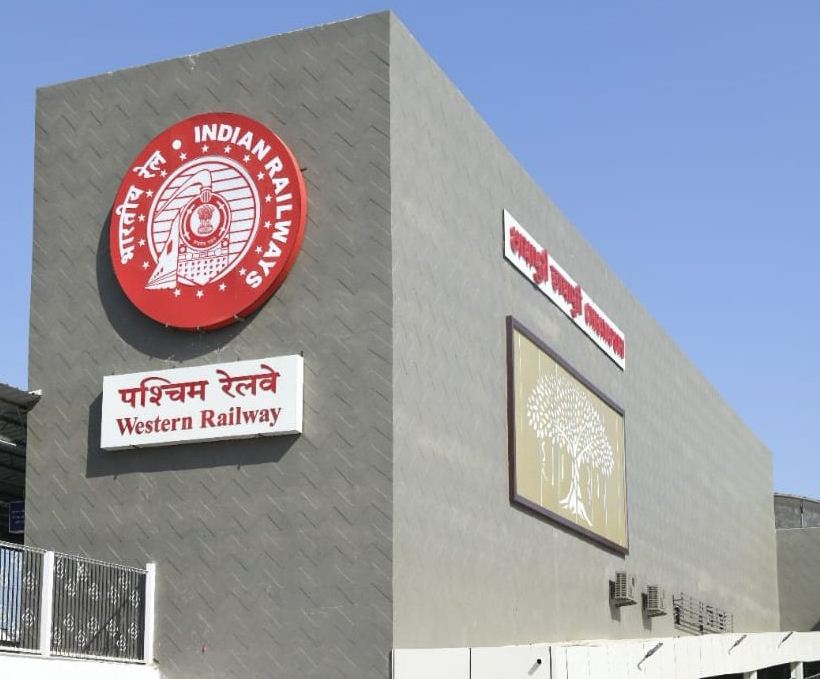Western Railway Saved ₹333 Crore Through 100% Electrification in FY 2024-25
April 19, 2025
Mumbai: Western Railway (WR) has announced significant cost savings of ₹333 crore following the complete electrification of its broad gauge network in the last financial year.
The 100% electrification has resulted in a substantial 17% reduction in the railway’s diesel fuel bill. Simultaneously, the electricity bill has seen a modest increase of only 2%. This net saving of ₹333 crore underscores the economic benefits of transitioning to electric traction.
The data presented by Western Railway highlights the financial impact of this achievement. In the fiscal year 2023-24, the diesel bill stood at ₹2,170 crore, which has now decreased to ₹1,660 crore in 2024-25 post-electrification. Conversely, the electricity bill has risen from ₹1,250 crore in 2023-24 to ₹1,280 crore in 2024-25. Considering both figures, net saving has been Rs. 333 crore.
Officials emphasized the environmental advantages of this shift, noting a considerable reduction in carbon emissions. Electric locomotives are significantly cleaner than their diesel counterparts, contributing to a greener transportation network. Furthermore, electric traction allows for higher speeds and improved operational efficiency.
Western Railway has been progressively electrifying its network, with a notable acceleration in recent years. This achievement aligns with the Indian Railways’ broader goal of complete electrification to enhance sustainability, reduce reliance on imported fossil fuels, and modernize its infrastructure.
The press release also touched upon the historical significance of electric traction on Indian Railways, recalling the commencement of electric train services 100 years ago. The ongoing electrification drive builds upon this legacy, paving the way for a more sustainable and technologically advanced railway system.
Looking ahead, Western Railway aims to further leverage its fully electrified network to introduce more electric trains, leading to enhanced passenger comfort, improved punctuality, and continued environmental benefits. This transition marks a significant milestone in Western Railway’s journey towards a modern and eco-friendly future.
Recent Stories
- Bopal Police Raid Dance Party in ClubO7; Arrest 9 including Girl, Seize BMW, Honda City, iPhones, English Whisky Bottles
- All Objectives of Operation Sindoor Achieved; Blasting Pak Airbases was Cherry on Cake
- PM Modi speaks to late Hemaben Acharya's son to condole mother's passing away
- Gujarat Tour Operators to Boycott Azerbaijan and Turkey tour packages, bookings
- Sabarmati River in Ahmedabad to be emptied
- One arrested in Anand over Instagram Story against Indian Armed forces
- CBI Court orders 3 years jail to Samast Muslim Khalifa Sunnatval Jamat's then President - Secretary for FCRA violation
